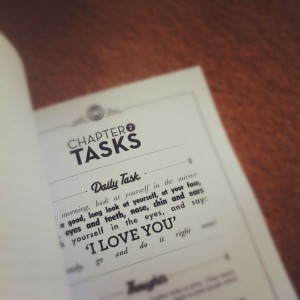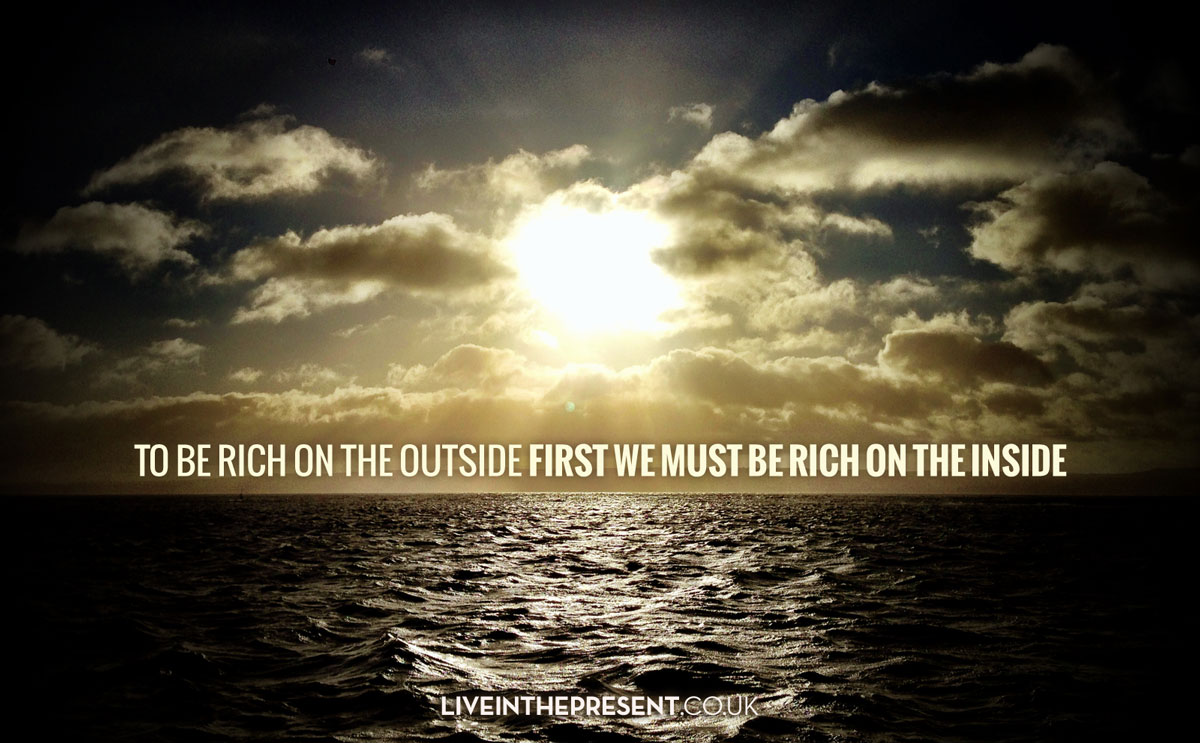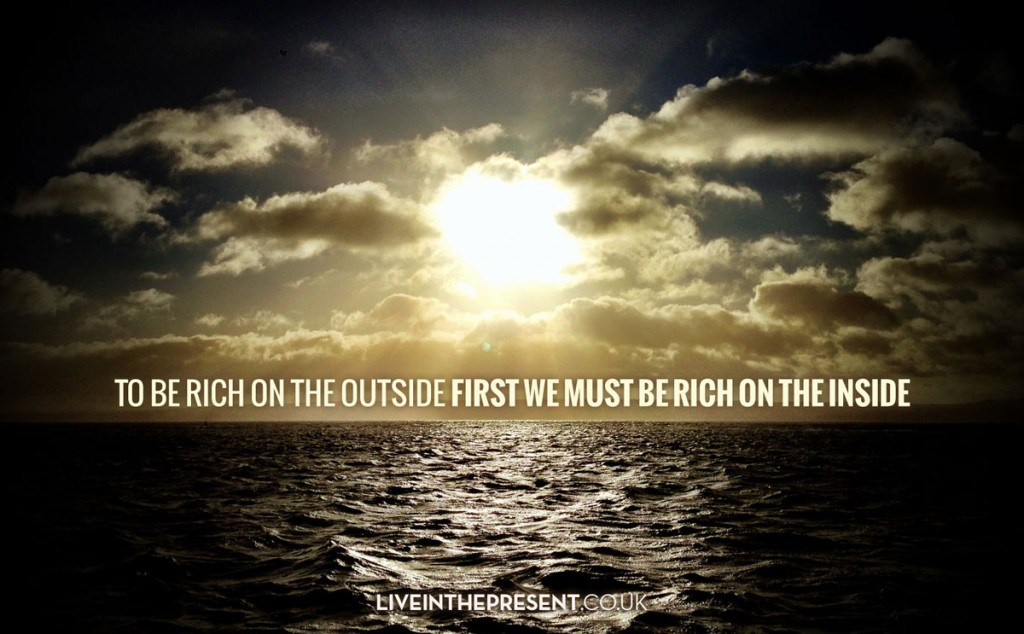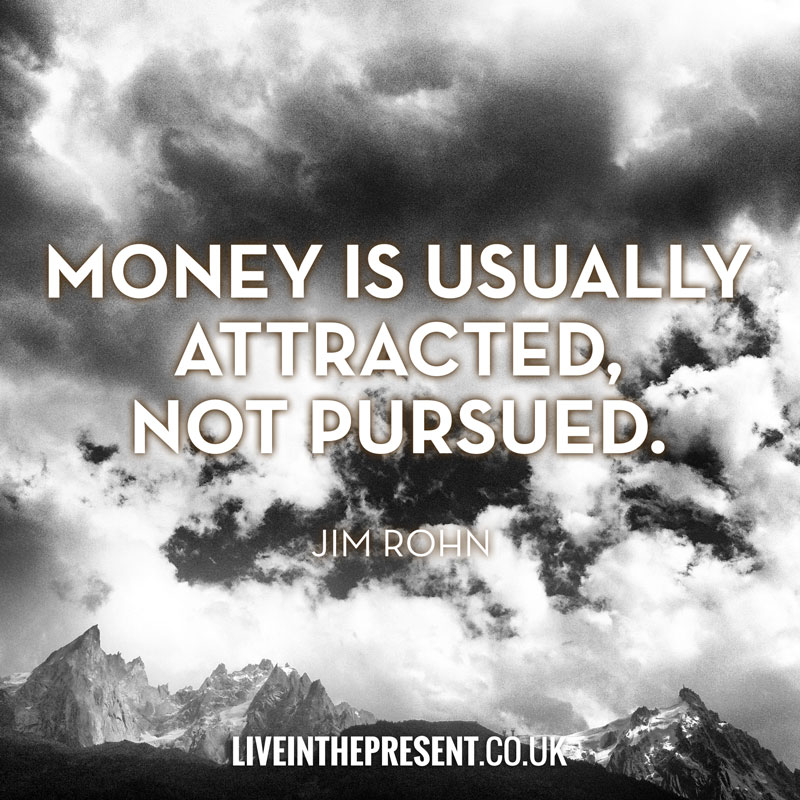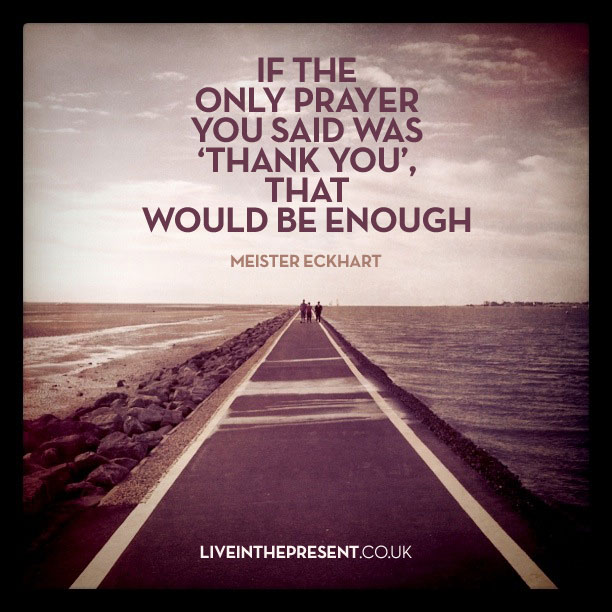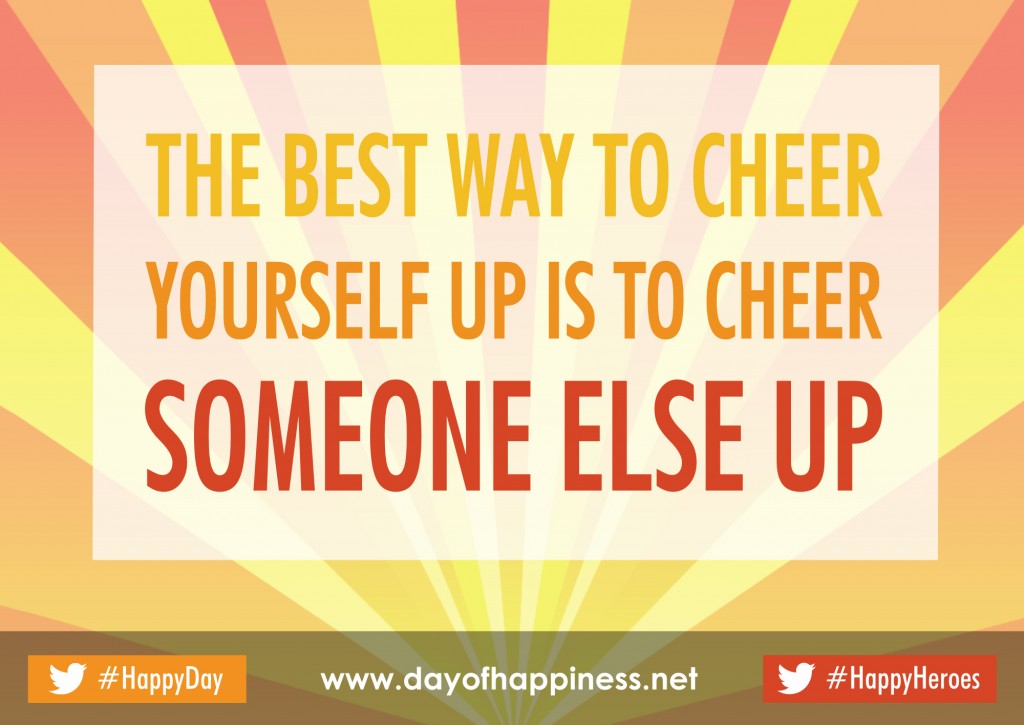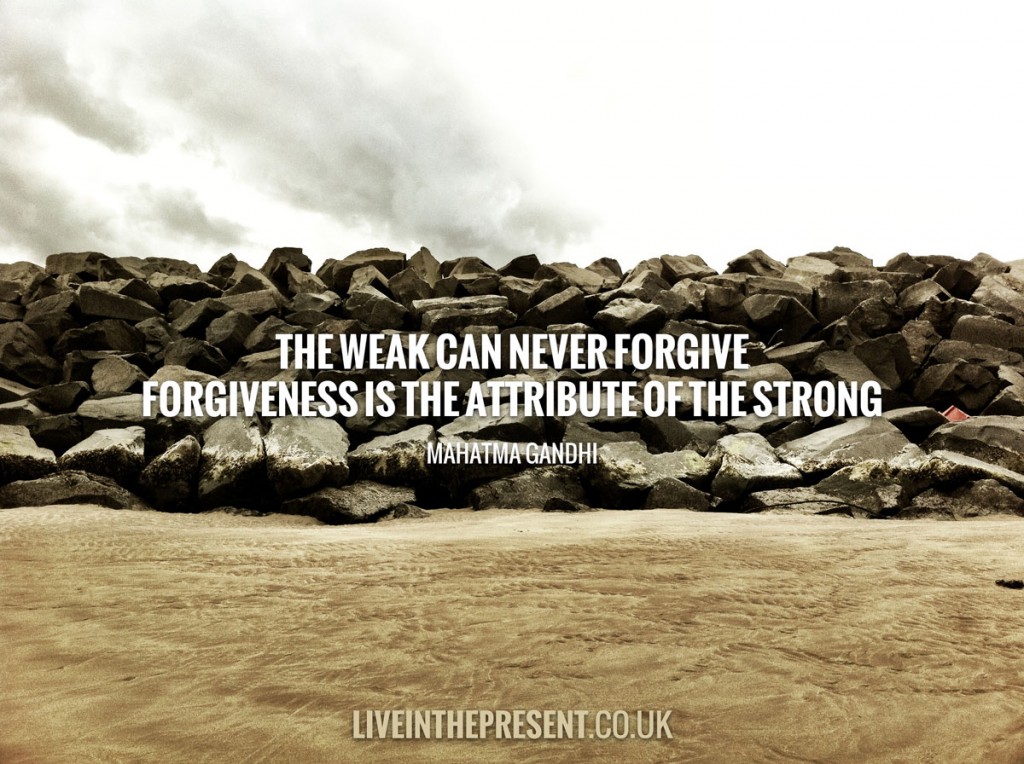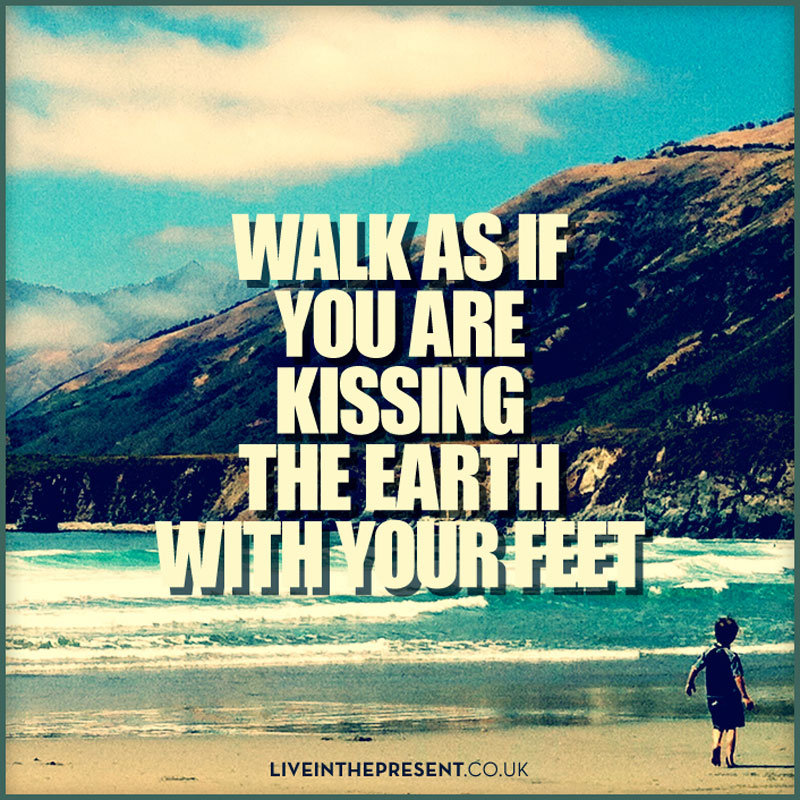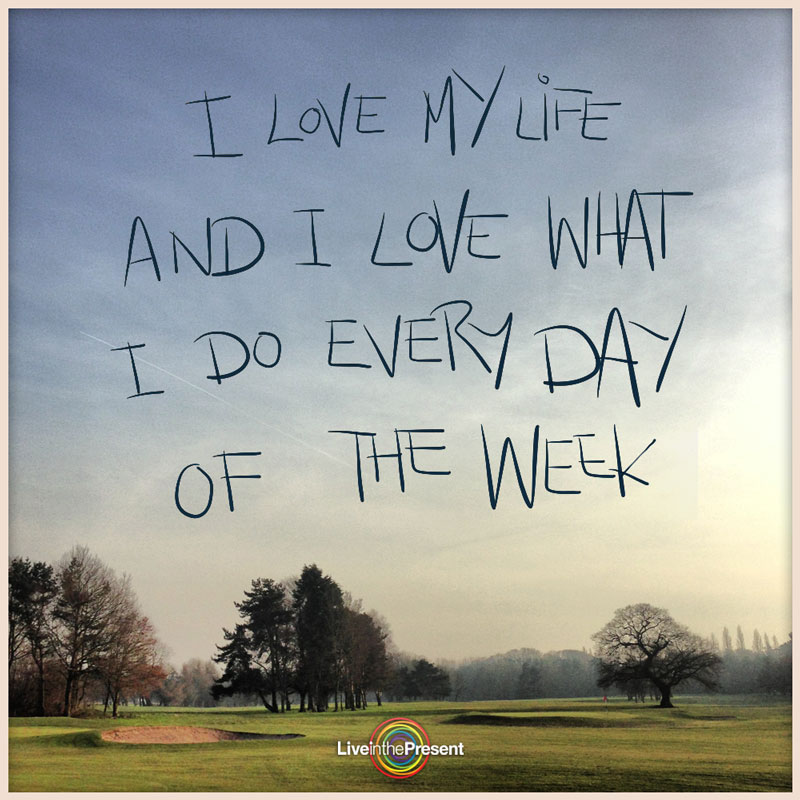8 Ways I Live in the Present by Edward Lamb
We thought we’d give you a bit more insight into the inner workings of Live in the Present over the next few weeks. With that in mind, the three minds behind the organisation will be writing about how they ‘find their present’. First up, it’s Edward Lamb, our resident creative genius, technology geek and daydreamer.
 It’s funny really. I set myself this task to really sit down and think about what it is that really makes me happy. The things that I’m already doing that, when I’m immersed in them, make all other things disappear. Below are eight ways that I’ve learned to live in the present:
It’s funny really. I set myself this task to really sit down and think about what it is that really makes me happy. The things that I’m already doing that, when I’m immersed in them, make all other things disappear. Below are eight ways that I’ve learned to live in the present:
1. Take a Walk Every Day
This is an important one for me. I work from home and spend most of my time staring at a screen, so fresh air and time to clear my head of thoughts is hugely valuable to me. I’ll usually down tools not long after lunch and head out for a stroll. I’ll not take any particular route, just meander for 20 minutes or so and find my way home again.
Top tip: I never take my phone with me. Makes it much easier to resist calls, emails and texts.
2. Immerse myself in my work
Sean wrote a great piece about the myth of the perfect work life balance recently. The upshot of his blog was that if you don’t see your work as part of your life then you’re in the wrong job.
Working from home means that my ‘work life balance’ is virtually none existent. My life is a constant shift between roles, people and tasks. That said, when I have a job to do, I focus on it 100%. To help with this I’ll quite often switch off my emails, put my phone in ‘Do Not Disturb’ mode and close down access to Twitter and Facebook. The people I work for deserve my full attention so that’s what I aim to give them.
3. Document the Good Things
I’m a bit of a social media addict. You’ll find me on Facebook, Twitter, Instagram and probably a few other services. Aside from keeping abreast of news and friends/family updates I like to use these tools as a way of documenting the good things in my life. Instagram is great for this as I can snap a photo and share it quickly to Facebook and/or Twitter. Then, whenever I’m in need of a boost I can boot up my profile page and check through a huge database of happy memories.
4. Keep a Journal
Facebook and Twitter are great but pen, paper and a lack of hundreds of gazing followers are hard to beat. Every night I write down a few short lines about the positive things that have happened to me that day. I’ve been doing this for well over a year now and my journal is a treasure trove of great times had. I can’t recommend this highly enough.
5. Make Time for my Family
My family are very important to me. My wife and I work hard to support our young son and we’re very careful to make time to spend with him. Our main opportunity for this is at 5pm every day. Bethan will arrive back from work and I will have done my best to have dinner ready. Then we’ll sit down and have dinner together (William is only 16 months old so a lot of his ends up on the floor).
After this we’ll kick around downstairs before taking him up and getting him ready for bed. This two hours of time together is priceless, as are weekends together.
6. Encourage Good Habits
Habits are the things that define us. They are the creators of our days. Thankfully, they can be shaped, changed and updated and I do this on a daily basis using a handy iPhone app call Lift. I have a list of 8 daily habits that I remember to ‘check in’ with. The upshot of this is that, eventually, they’ll become second nature.
7. Drive Fast, Legally
This is a fun one. I’m a huge Formula 1 fan and an opportunity recently presented itself for me and a friend to purchase a second hand kart. Needless to say, we’re having a LOT of fun (as yet without serious injury). When I’m hurtling around a circuit then there’s nothing in my mind but when to brake, when to turn and when to get back on the power. Once I’m back in the pits I’m analysing lap times and checking the kart over for ways to improve. Nothing else matters.
8. Do Nothing
As many of my friends and family will testify, I’m very good at this one. There’s a big difference between laziness and daydreaming. I’ve not yet caught the meditation bug but I still value the clarity that can come from a few moments of, well, nothing. It can often get me in trouble as I drift out of conversations with my wife, but the less said about that the better.
I could go on. I love to learn, I love photography and mountaineering, I’m a fairly keen cyclist and I’m obsessed with Fantasy Football. I’ll save those for another blog though.
We can all find a way to Live in the Present. Many of us have them already but might not realise it, and would find yet more happiness by finding more time for that particular habit in their lives.
How do you live in the present? Leave a comment and let us know.



